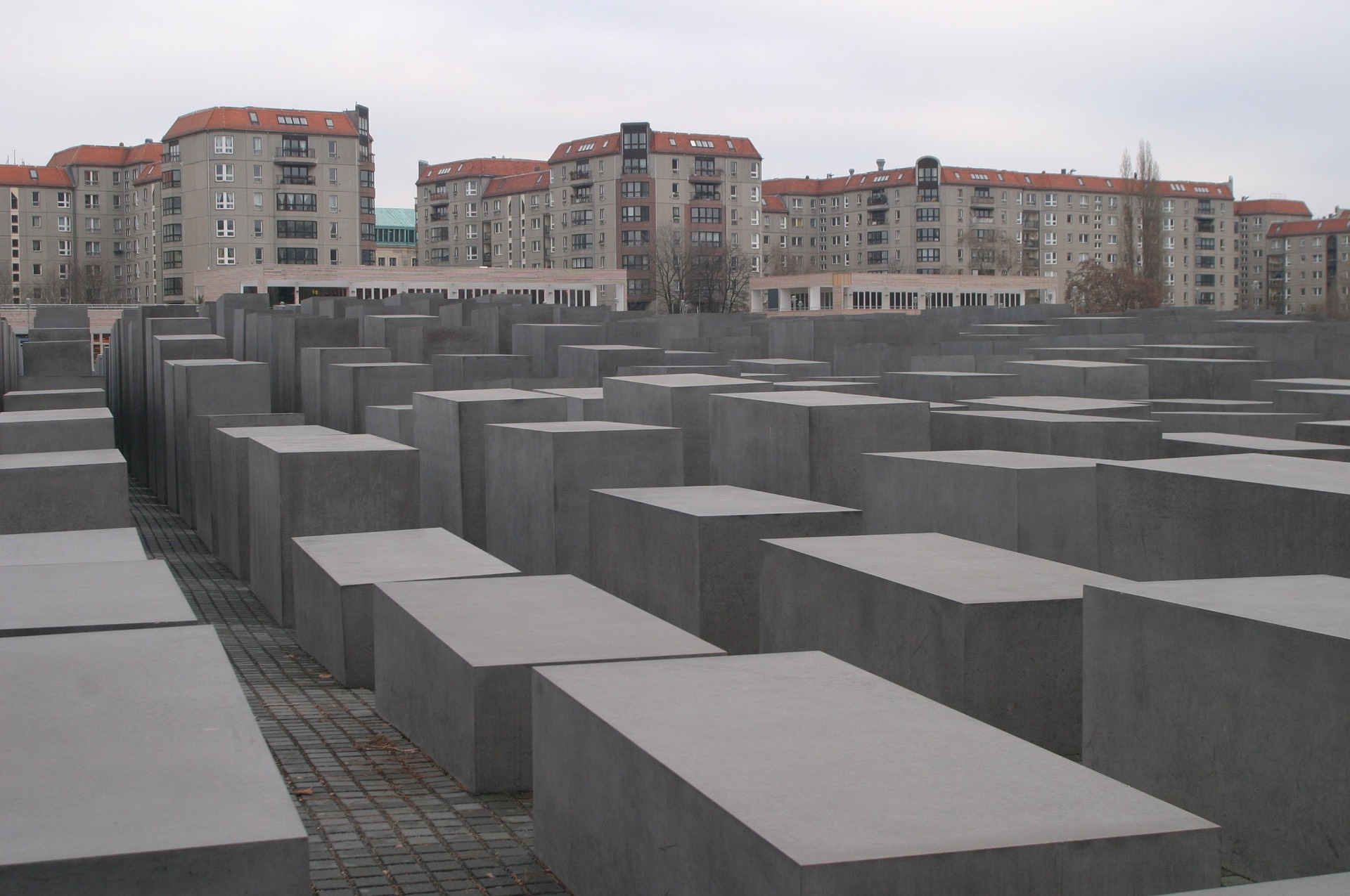【Report】The fourth session of the Global Studies Seminar series “Challenges in Global Studies” “The Politics of Apology, Forgiveness, and Reconciliation in the Globalized World”

The fourth session of the Global Studies Seminar series “Challenges in Global Studies” “The Politics of Apology, Forgiveness, and Reconciliation in the Globalized World.”
Speaker:
TAKAHASHI Tetsuya(Department of Interdisciplinary Cultural Studies, the Graduate School of Arts and Sciences)
Discussant:
TANABE Akio(Department of Interdisciplinary Cultural Studies, the Graduate School of Arts and Sciences)
DATE Kiyonobu (Department of Area Studies, the Graduate School of Arts and Sciences)
KOKUBUN Koichiro(Department of Interdisciplinary Cultural Studies, the Graduate School of Arts and Sciences)
To learn more about the Global Studies Seminar series “Challenges in Global Studies,” click here.
【Report】
The fourth session of the Global Studies Seminar series “Challenges in Global Studies” took place on Tuesday, July 28th, 2020. Professor Tetsuya Takahashi (Graduate School of Arts and Sciences, the University of Tokyo) gave a lecture titled “The Politics of Apology, Forgiveness, and Reconciliation in the Globalized World.”
Takahashi began by mentioning how in the post-Cold War era “apology, forgiveness, and reconciliation” has become a global issue, bringing up, for example, Belgian King Philippe’s recent apology to Congo for its colonial past, U.S. White House Press Secretary Kayleigh McEnany’s making reference to the Armenian genocide, and the Murayama Statement of 1995. The French philosopher Jacques Derrida saw this move in non-European countries, which he took to be the universalization of an originally biblical discourse of God’s “pardon,” as exemplifying the “mondia-latinization” of forgiveness. Takahashi then turned to three philosophers, Hannah Arendt, Vladimir Jankélévitch, and Jacques Derrida, to elaborate further on the question confronting our global society: “Is forgiveness possible?”
Arendt saw the Holocaust as a crime “we can neither punish nor forgive…and therefore transcend[s] the realm of human affairs and the potentialities of human power,” though she nevertheless insisted on the need for punishment. Jankélévitch likewise saw the Holocaust as an event neither atonable nor forgivable as he believed forgiveness could only take place between perpetrator and victim, and the third party has no right to forgive; while, he also claimed that there is no crime that is fundamentally unforgivable, and in fact the most atrocious crimes are the ones for which forgiveness shall be shown. Derrida, on the other hand, who presupposed that “unforgivable crimes” exist, criticized conditional forgiveness given for the purpose of normalization as being ungenuine. He instead argued for unconditional forgiveness that is given without compensation, though he maintained that conditional forgiveness and unconditional forgiveness are inseparable from one another. Takahashi, while maintaining a careful distance between his and Derrida’s arguments, stressed the importance of such discussions.
The lecture was followed by comments from Professor Akio Tanabe, Dr. Koichiro Kokubun, and Dr. Kiyonobu Date. Tanabe pointed that Derrida’s argument lacks a local perspective and thus fails to consider how forgiveness can be empirically practiced rather than remaining a theoretical pursuit. Takahashi responded by emphasizing Derrida’s primary focus on “difference,” while acknowledging that his notion of “genuine forgiveness” could assume the character of Plato’s idea. Kokubun asked whether a perpetrator may take on his responsibility by first recognizing himself also as a victim, whose actions are irreducible to an ultimately active state of mind. Takahashi did not deny such possibility, but stressed the need to clarify who is the victim/perpetrator in relationship to whom. Finally, Date brought up the “Debate on Historical Subject” that took place in 1995 between Takahashi and Norihiro Kato, and referring to their respective publications in 2015, asked whether there has been a shift in Takahashi’s stance from the left to a position towards the center over the course of time. Takahashi responded that even back in 1995 he faced criticism from the left for his use of the term “Japanese nationals,” and contended that he remains skeptical about discussions that assume the overcoming of the nation state system as long as the nation state continues to function as a legal framework. This however does not mean, he emphasized, that the Japan-US Security Arrangements should be perceived as an irreversible framework. He claimed we must first acknowledge the place of Okinawa’s sacrifice, and insisted that mainland Japan must work towards bearing the responsibility. Takahashi’s talk evoked a number of questions from the audience as well. The seminar provided a valuable opportunity for us to face an issue that is complex yet from which we must not turn away.
【YAMAZAKI Kaori(Graduate Student at the Graduate School of Arts and Sciences)】
【 translated by ELLIS Naomi (Ph.D. Student at the University of California, Los Angeles)】
